Summaries of books about Political Theory:
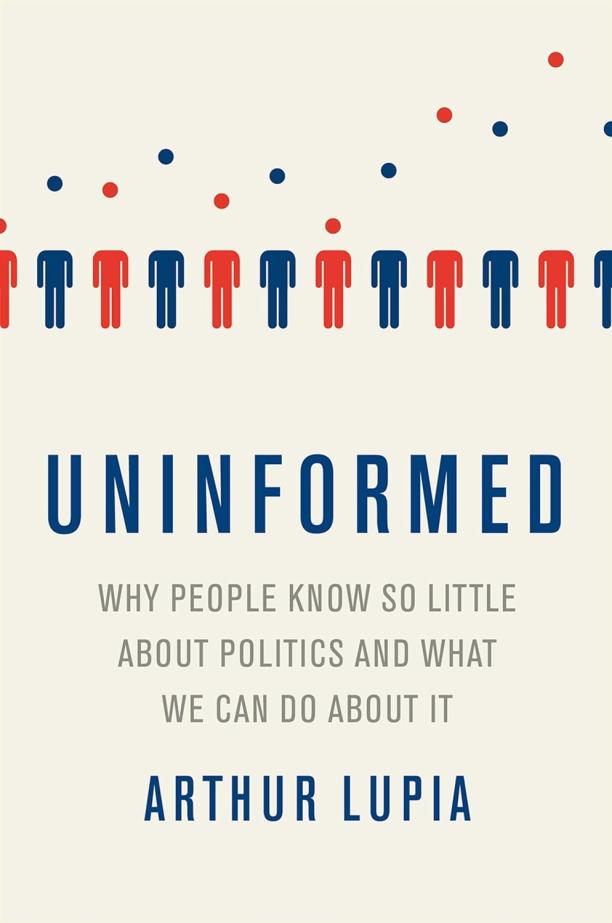
Uninformed
Why People Seem to Know So Little about Politics and What We Can Do about It
Arthur Lupia
The book examines the reasons behind the public's lack of political knowledge, attributing it to factors such as complex information and limited cognitive resources. It proposes strategies for better informing citizens through more effective communication and educational techniques that take into account how people learn and process information.
See full summary
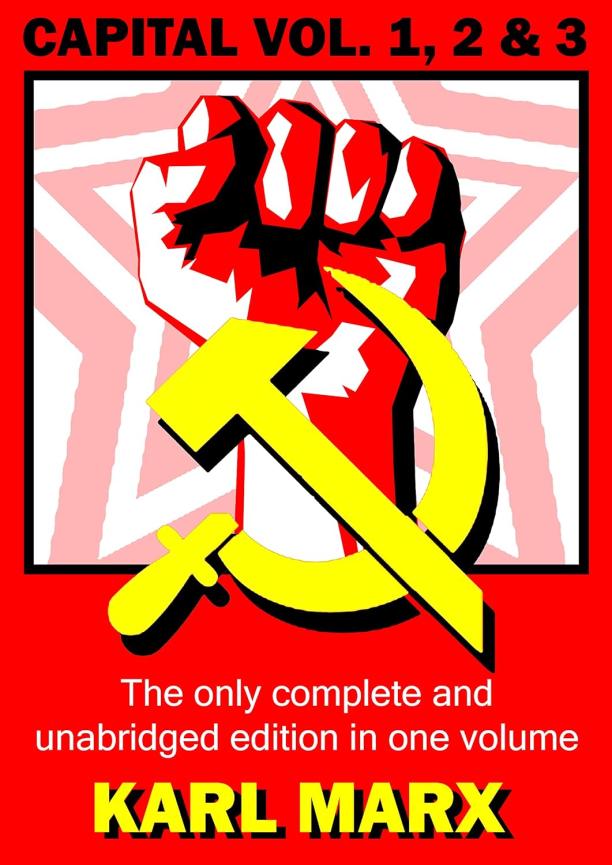
Capital Vol. 1, 2, & 3
The Only Complete and Unabridged Edition in One Volume! (Illustrated)
Karl Marx
The book is a comprehensive collection of Marx's critical analysis of capitalism and its socio-economic impact, detailing the theory of surplus value, the capitalist mode of production, and the eventual crises arising from the inherent contradictions of capitalism. It includes discussions on the exploitation of labor, the dynamics of capital accumulation, and the class struggle, culminating in Marx's vision for a proletarian revolution and the development of a communist society.
See full summary
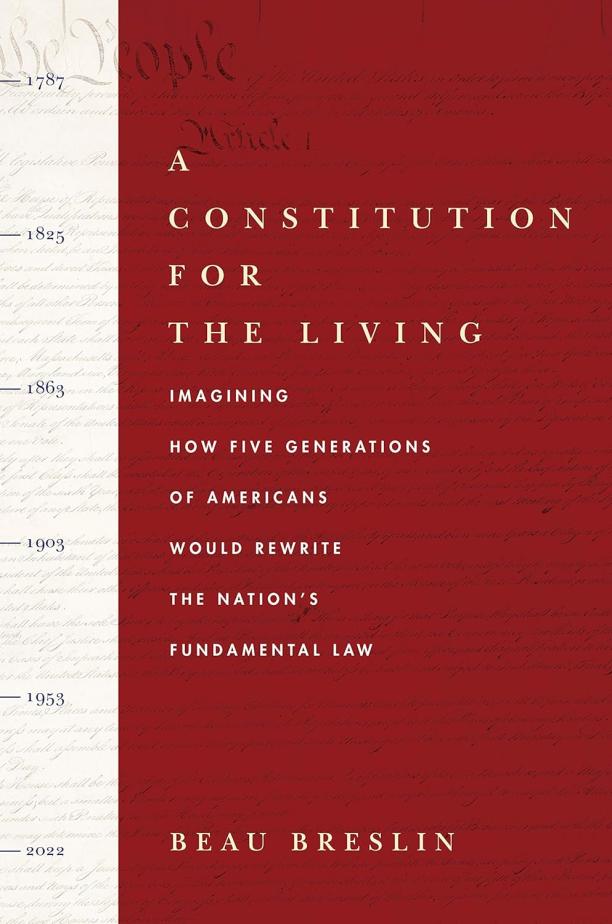
A Constitution for the Living
Imagining How Five Generations of Americans Would Rewrite the Nation's Fundamental Law
Beau Breslin
The book explores the idea of rewriting the United States Constitution through the lens of five different generational cohorts, each with their own historical and social contexts. It presents a thought experiment on how these diverse groups would approach the task of constitutional reform, reflecting their unique values, challenges, and aspirations.
See full summary
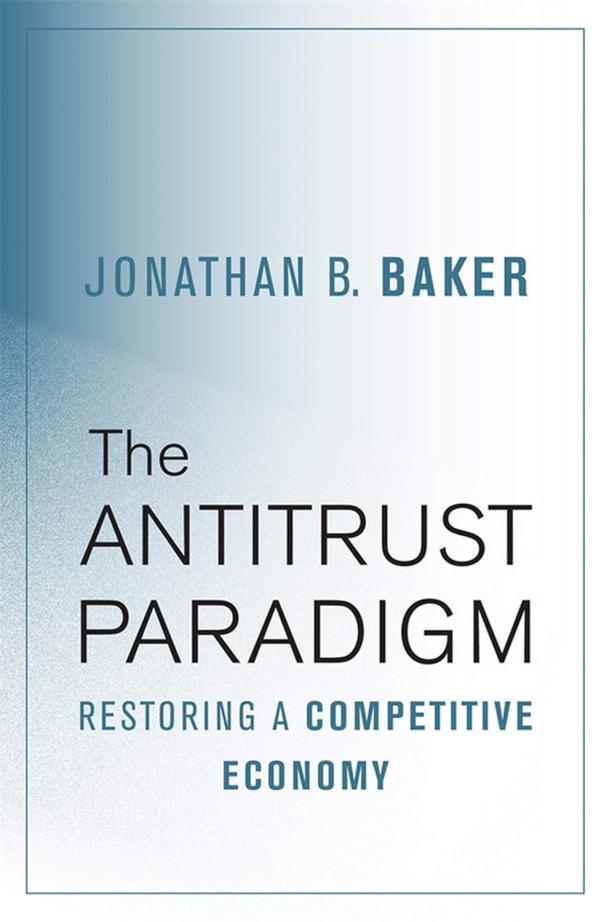
The Antitrust Paradigm
Restoring a Competitive Economy
Jonathan B. Baker
The book examines the decline of antitrust enforcement in the United States and argues for revitalized competition policy to tackle economic concentration and inequality. It provides a historical analysis of antitrust laws, critiques the current lax enforcement, and offers policy recommendations to strengthen antitrust protections and promote a more competitive economy.
See full summary

Letters to a Young Activist
Todd Gitlin
The book provides guidance and inspiration to the next generation of activists through a series of letters that blend personal experience, historical context, and strategic advice. It encourages young people to engage in social and political activism with wisdom, patience, and a critical understanding of the complexities of the modern world.
See full summary
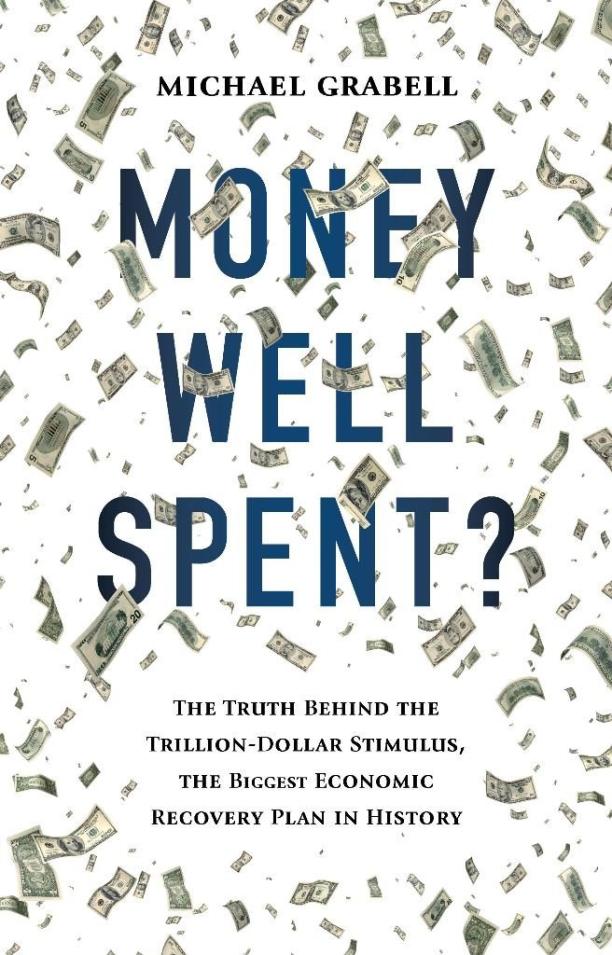
Money Well Spent?
The Truth Behind the Trillion-Dollar Stimulus, the Biggest Economic Recovery Plan in History
Michael Grabell
The book critically examines the effectiveness of the 2009 American Recovery and Reinvestment Act, exploring where the stimulus money went and its impact on the economy and job market. It provides an investigative look into the successes and failures of the stimulus package, offering insights into government spending and economic policy.
See full summary
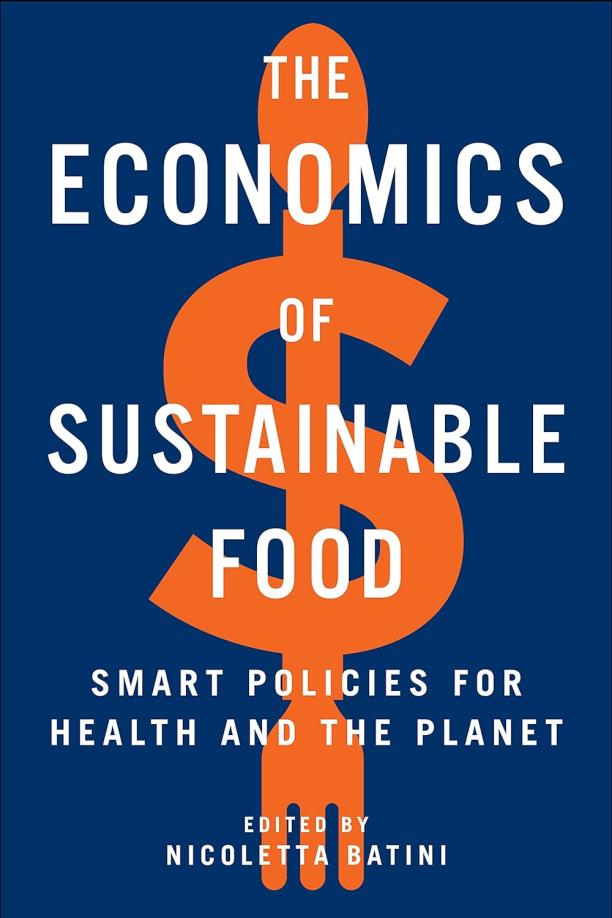
The Economics of Sustainable Food
Smart Policies for Health and the Planet
Nicoletta Batini
The book examines the intersection of food policy, health, and environmental sustainability, presenting evidence-based strategies to transform food systems. It explores the economic implications of agricultural practices, dietary patterns, and policy interventions aimed at promoting sustainable and healthy food choices for individuals and the planet.
See full summary
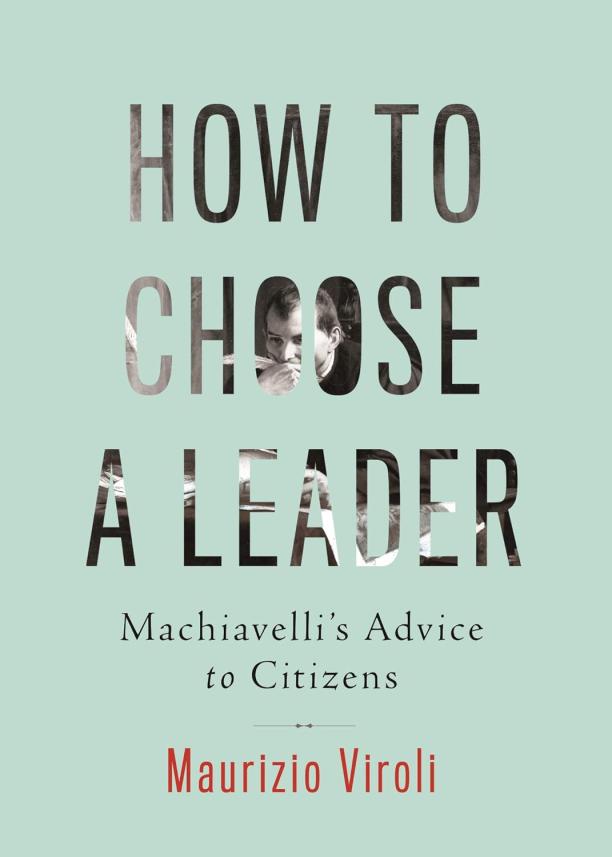
How to Choose a Leader
Machiavelli's Advice to Citizens
Maurizio Viroli
The book distills Niccolò Machiavelli's timeless wisdom on selecting competent and ethical political leaders. It provides readers with criteria derived from Machiavellian principles to evaluate and choose politicians who are best suited to govern effectively and justly.
See full summary
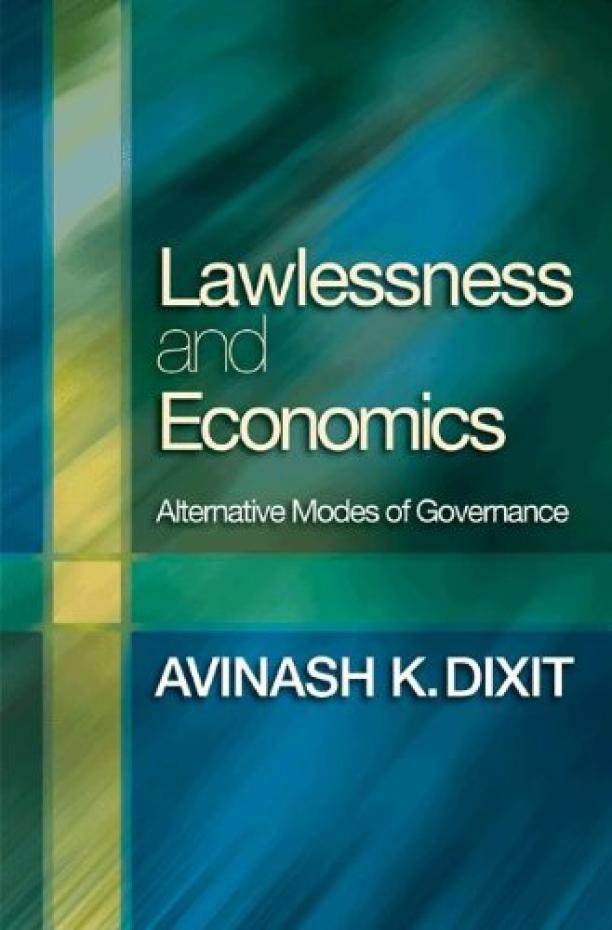
Lawlessness and Economics
Alternative Modes of Governance
Avinash K. Dixit
The book explores the mechanisms of governance in situations where traditional legal enforcement is weak or absent, examining how non-legal institutions can effectively regulate economic interactions. It delves into various alternative governance structures, such as reputation, private ordering, and community enforcement, to understand how they can provide order and facilitate trade in the absence of formal legal systems.
See full summary
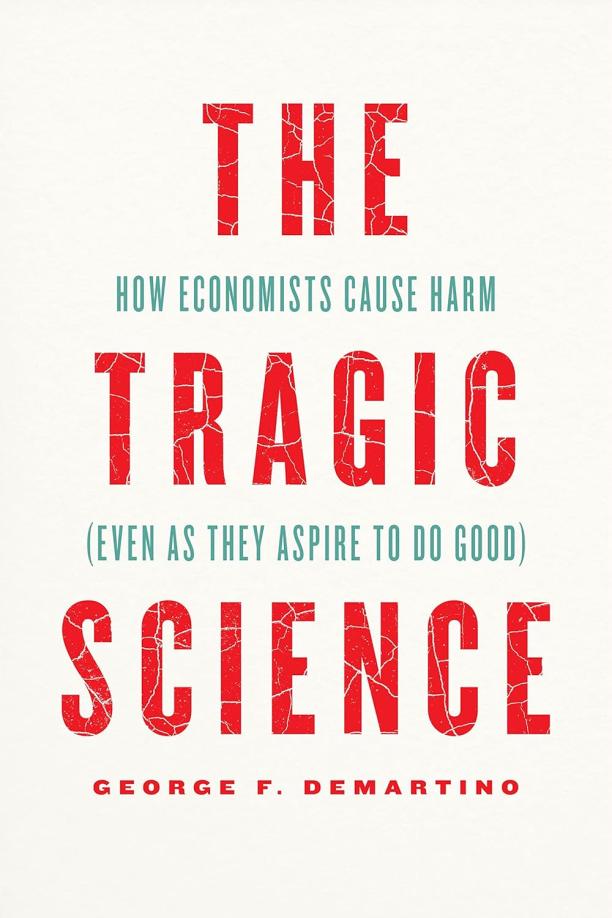
The Tragic Science
How Economists Cause Harm
George F. DeMartino
The book critically examines the ethical challenges and consequences of economic policymaking, arguing that economists often inadvertently cause harm despite their intentions to improve societal welfare. It advocates for a professional ethic for economists to mitigate negative impacts and calls for greater humility and accountability in the field.
See full summary